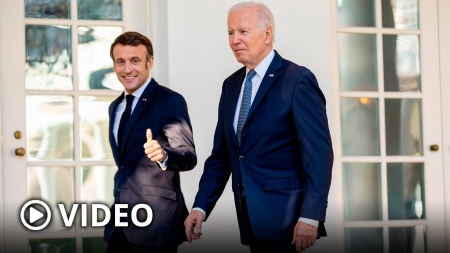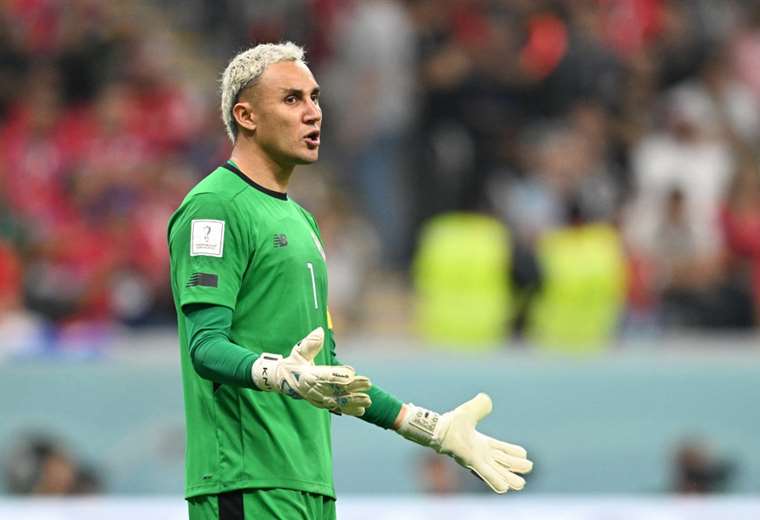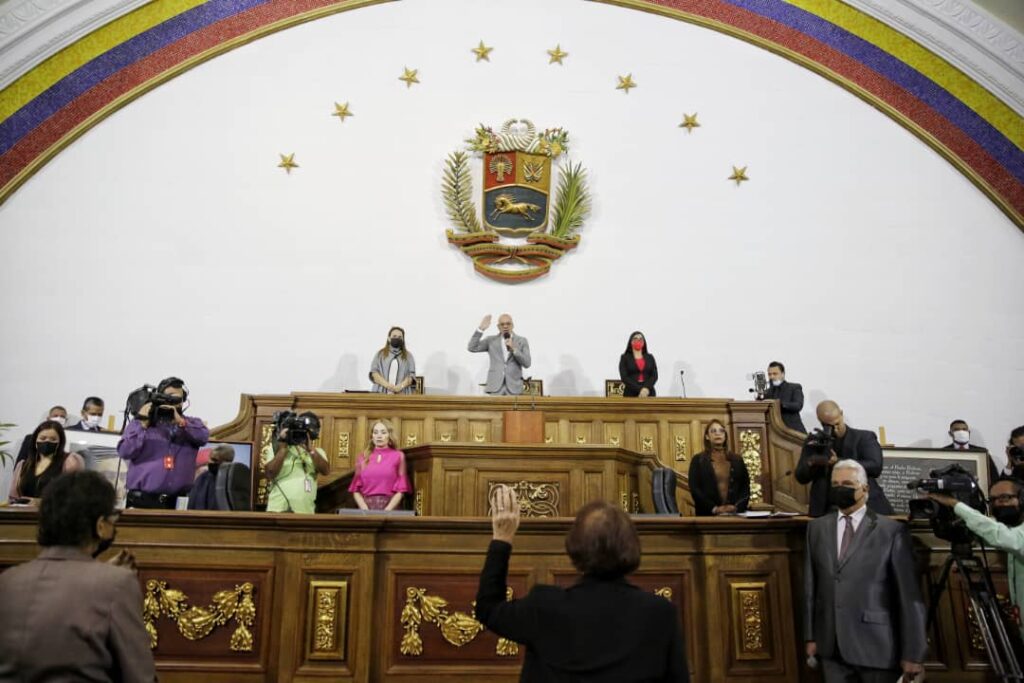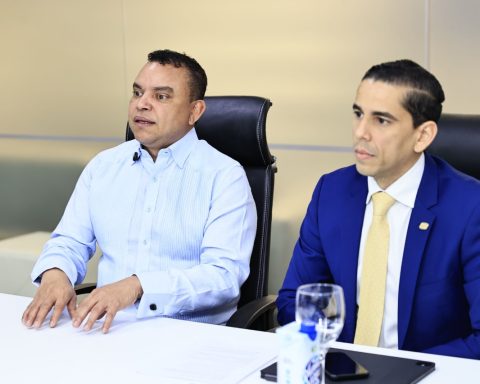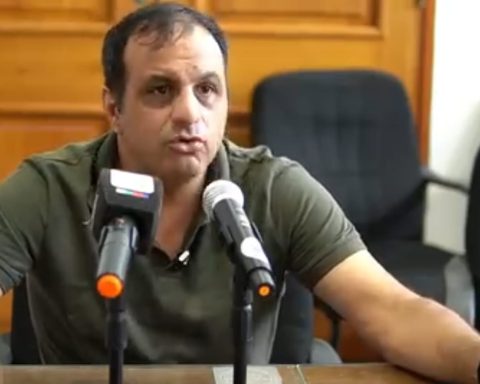US President Joe Biden said Thursday that he “is ready to talk” with Vladimir Putin for the first time since the invasion of Ukraine, provided his Russian counterpart “shows an interest in ending the war.”
“I’m prepared to talk to Putin if he shows an interest in finding a way to end the war, which he hasn’t done yet.”Biden said at a joint press conference with his French counterpart, Emmanuel Macron, after a meeting between the two in Washington.
Before the G20 summit that took place last month in Indonesia, the White House had anticipated that “there were no intentions” to organize a meeting between Biden and Putin, who also decided at the last minute not to travel to Bali.
Macron’s voice
On the contrary, Macron held several dialogues with the Kremlin leader in these months, which earned him criticism from Ukraine and other European countries, and today he announced that he will have a conversation again “in the coming days” with the hope of making progress. in negotiations to end the war in Ukraine “are still possible.”
“My conviction and pragmatic approach is to say: I have to contact the current leaders and who is in charge of the country,” he defended.
On the other hand, the French president assured that “he will never pressure the Ukrainians to accept a compromise that is unacceptable to them”, because it would not allow building “a lasting peace”, and warned that “abandoning” kyiv would endanger “the overall stability”.
Macron assured that the United States and France want to “succeed together, not against each other”, amid disagreements over Washington’s industrial recovery plan, described as “aggressive” by Paris.
“The United States could not ask for a better partner to work with than France,” Biden said in a brief statement prior to the meeting with his counterpart, stressing that the alliance with France remains “essential.”
“Our common destiny is to respond together” to the world’s challenges, given that “our two nations are brothers in the defense of freedom,” agreed the French president, who arrived in Washington on Tuesday night for a state visit from three days.
Like Biden, Macron pointed out that the two countries fought together in many wars and highlighted the Western alliance that is helping Ukraine fight against the Russian invasion, before which he said that we must “return to being brothers in arms”.
Macron and his wife Brigitte were greeted with cannon salute, national anthems and fanfare at the White House, on the first state visit by a foreign president since Biden took office in January 2021 due to the pandemic.
Both leaders and their wives had an intimate dinner last night before today’s events.
The United States hopes that this visit will turn the page on the serious diplomatic crisis of last year.

The controversial AUKUS alliance
In September 2021, the United States announced a new alliance, AUKUS, with Australia and the United Kingdom, enraging France, which was kept on the sidelines in a key region of the world and lost a huge contract to sell submarines to Canberra in the process.
Biden did not back down on the merits of the decision, but acknowledged a “foolishness.”
Since then, he has done everything possible to appease Macron, a process that analysts say culminates in this solemn welcome to Washington.
On the first day of his visit, the French president yesterday regretted the “super aggressive” economic measures taken by Biden to boost American industry.
The massive subsidies included by Biden in the so-called “Inflation Reduction Act” (IRA) are “super aggressive for our companies,” the French president claimed during a meeting with US congressmen, the AFP news agency reported.
“Put yourself in my shoes,” he told them over lunch that he should focus on climate change.
The United States and the European Union “are not on an equal footing” due to the US subsidies provided for in the great climate plan of the Democratic president, which favor products “manufactured in the United States”, he lamented again today, interviewed by the television channel ABC.
Macron judged yesterday that the risk is that “the United States looks first at the United States, and that Europe and France become a kind of adjustment variable.”
These options “will fragment the West,” he later stressed to the French community. “They can only work if there is coordination between us, if we decide together, if we get back in sync,” she added.
